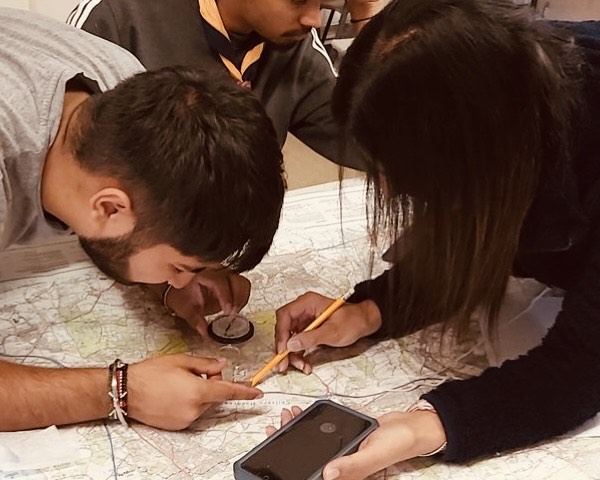
Sikh Sanctuary at Gilwell Park
Project to build lasting legacy at the home of UK Scouting
At 13th Southall, children further strengthen their connection to Sikh values and culture while honing leadership, teamwork, and practical life skills. Through service and shared activities, kids learn to embody Sikh principles, growing into compassionate and responsible individuals rooted in their heritage.
Established in 1998, the group is proud to cater to all the sections in the scouting movement. Based in the heart of Southall on Allenby Road.

The aim of the Association is to promote the development of young people in achieving their full physical, intellectual, social and spiritual potential as individuals, as responsible citizens and as members of their local, national and international communities.
The method of achieving the aim of the Group is by providing an enjoyable and attractive scheme of progressive training, guided by adult leadership which is based on the Scout Promise and Law.
We offer our children a unique opportunity to deepen their connection to Sikh values and culture while developing essential life skills. Through activities rooted in the principles of Sikhi, such as Seva (selfless service), Naam Japna (meditation), and Vand Chakna (sharing with others), children learn to live by these teachings in their daily lives.
This connection to their spiritual heritage fosters a strong sense of identity and pride.
In addition to spiritual and character growth, we provide practical life skills, emphasizing the importance of service to others and promoting balanced physical and mental well-being. This well-rounded approach helps children grow into compassionate, responsible citizens in society.
Akaal Channel | Late Show | Gurpal Singh and Sukhdev Singh
Akaal Channel | Late Show | Narinder Singh and Daljit Singh
Latest Posts

Project to build lasting legacy at the home of UK Scouting

Squirrels - a brand new section for the youngest members of our group

The Scouts section will be camping for the first time since 2019, due to the disruption caused by the pandamic.